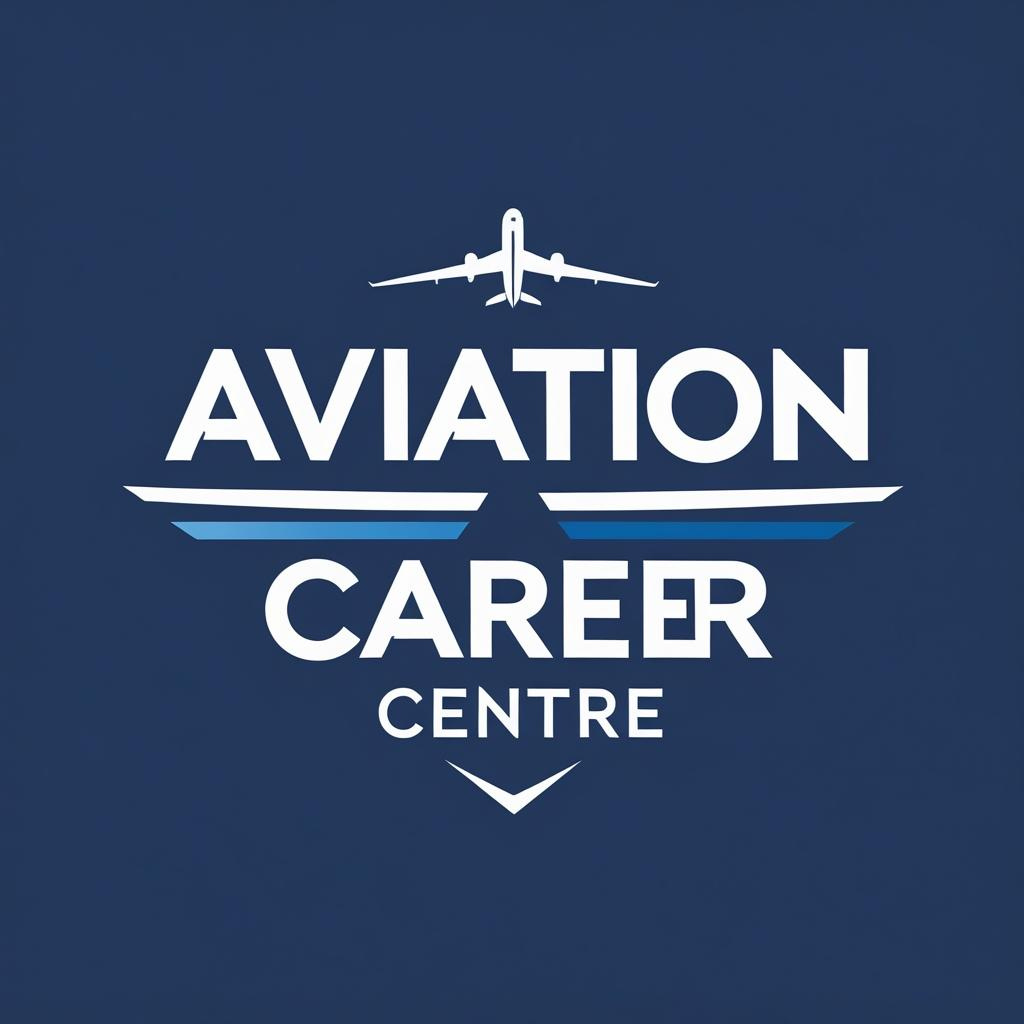The aviation industry undergoes rapid technological transformation that threatens to make current flight training approaches obsolete. Hong Kong students investing in traditional pilot training risk learning skills that may have limited career relevance in the near future.
Modern aircraft increasingly rely on automated systems that reduce the role of traditional pilot skills. Fly-by-wire technology, advanced autopilots, and computerized flight management systems handle many functions that previously required manual pilot intervention. Airlines operate these highly automated aircraft with reduced crew requirements and different skill expectations.
The trend toward single-pilot operations in commercial aviation represents a significant threat to traditional pilot career paths. Aircraft manufacturers develop systems enabling single-pilot operation of aircraft currently requiring two-person crews. These technological advances could eliminate many commercial pilot positions within the next decade, dramatically reducing career opportunities for newly trained pilots.
Unmanned aircraft systems present another challenge to conventional pilot training approaches. Drone technology advances rapidly in both military and civilian applications, potentially replacing piloted aircraft in many operational roles. The skills required for unmanned system operation differ substantially from traditional flight training curricula.
Training systems themselves evolve toward simulation-based approaches that reduce requirements for actual flight time. Advanced simulators provide more realistic training environments than traditional aircraft while offering better safety and cost efficiency. This evolution may make traditional flight training approaches unnecessarily expensive and less effective than modern alternatives.
The regulatory environment struggles to keep pace with technological change, creating uncertainty about future requirements for pilot certification. Current training standards reflect older technology and operational procedures that may not align with future aviation systems. Students completing training under current requirements may find their qualifications insufficient for emerging aircraft technologies.
More fundamentally, the aviation industry increasingly values problem-solving abilities, system management skills, and communication competencies over traditional stick-and-rudder flying skills. Modern pilots function more as system managers and decision-makers than as aircraft controllers. These evolving role requirements emphasize cognitive and communication abilities rather than manual flying proficiency.
However, strong English communication skills remain essential regardless of technological advancement. Pilots must coordinate with international crews, communicate with air traffic control worldwide, and interact with passengers and colleagues across cultural boundaries. These communication requirements persist and intensify as aviation becomes more globally integrated.
The adaptability that comes with superior English proficiency enables professionals to transition between evolving career opportunities within aviation and related industries. Technology changes create new positions requiring strong communication skills while eliminating others that depend on traditional pilot training. Professionals with advanced English abilities can adapt to these changes more effectively than those trained only in specific technical skills.
Students who invest in developing comprehensive English proficiency position themselves for success across multiple career scenarios, including technological disruptions that may affect traditional pilot career paths. This strategic approach provides career insurance against the uncertainties created by rapid technological change in aviation.
